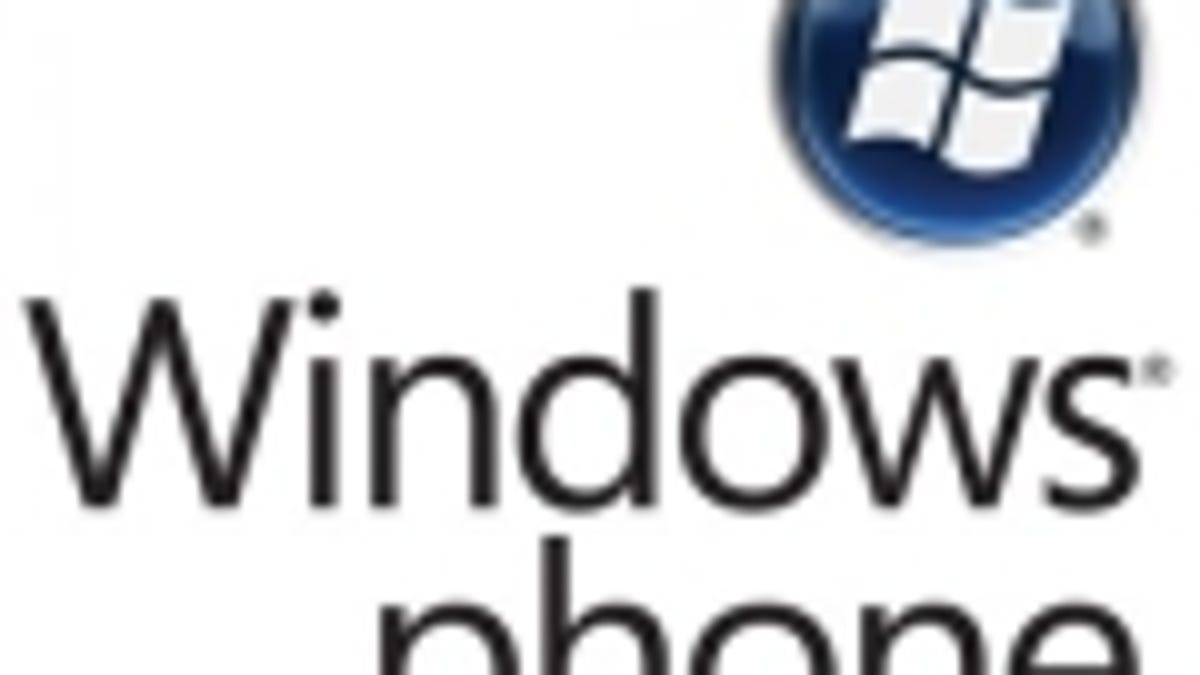CES: On Windows Phone 7's upcoming speed boost
Microsoft's first update to its Windows Phone 7 platform brings some improvements to app start-up times. But all apps are not equal. Some will be getting more of a boost than others.

LAS VEGAS--Despite not announcing any new phone hardware during its CES keynote speech, Microsoft paid special attention to its Windows Phone 7 platform with some live demos of existing features, as well as the promise of an update that would bring new features like copy and paste along with performance improvements.
But how much of a boost will phones be getting when firing up applications? The answer, it turns out, is hard to quantify.
"It impacts apps differently," Aaron Woodman, director of Microsoft's mobile communications business, told CNET in an interview yesterday. "It's not the same percentage of improvement, primarily because what we've done is modify how memory is loaded. So more graphic intense, front-loading applications like games are going to benefit a great deal more from the change in architecture, than a text-driven application," Woodman said.
"The example I always use is Flixster, which actually loads up really quick today," Woodman said. With the new version of the Windows Phone 7 software, which the company plans to release sometime in the next few months as a free update, Woodman explained there was, in fact, a performance improvement. But because the app grabs all its data off the Web, it's hard to tell if there's been a boost. "There is a performance improvement, but you just don't notice it," he said.
Where some of the biggest changes can be seen are on games, Woodman explained. "All apps will get better. Some apps will get incrementally better, games will get a lot better, and some games will get exponentially better," he said.
The demo we got in the interview was Popcap's Bejeweled, currently one of the top sellers on the platform. Side by side on identical development hardware, which was slightly slower than what's in the hands of consumers at the moment, the phone with the newer software easily bested the older one. "The difference is pretty dramatic between the two, it's anywhere from 15 to 20 seconds in difference, and that's dramatic for us," said Woodman.
Most importantly though, Woodman pointed out that the change in how apps will be loaded doesn't require any changes to existing application coding. "The person who wrote Bejeweled doesn't need to do jack to get any sort of performance improvement," he said.
Microsoft remains conservative in offering up any details on a release date for this first update. Part of that is due to the company treading new ground in a multistage update process that begins with Microsoft first finalizing its phone software before aggregating software from its hardware partners. Microsoft then tests how the updates will go out to those devices, both through Microsoft's software updating process, and through the carriers.
"That last piece is unique, and new and unknown to us, because we want it to be great, and perfect and we've never done it before," Woodman said. "Update is one of those things you can't screw up. We have extremely high product satisfaction, and you can lose it in a second by hosing people's data in any incremental percentage, so it's a big deal."

